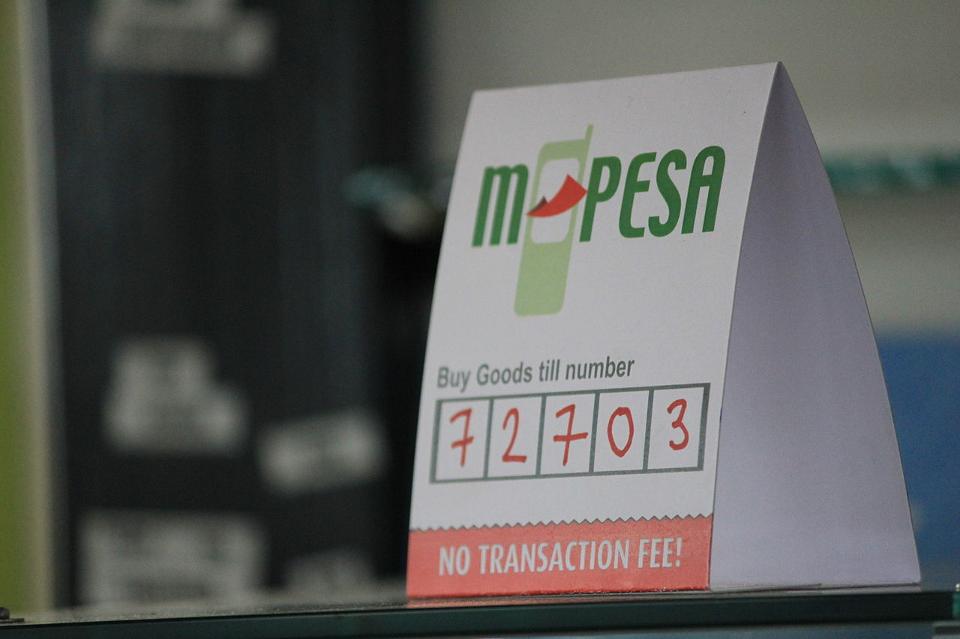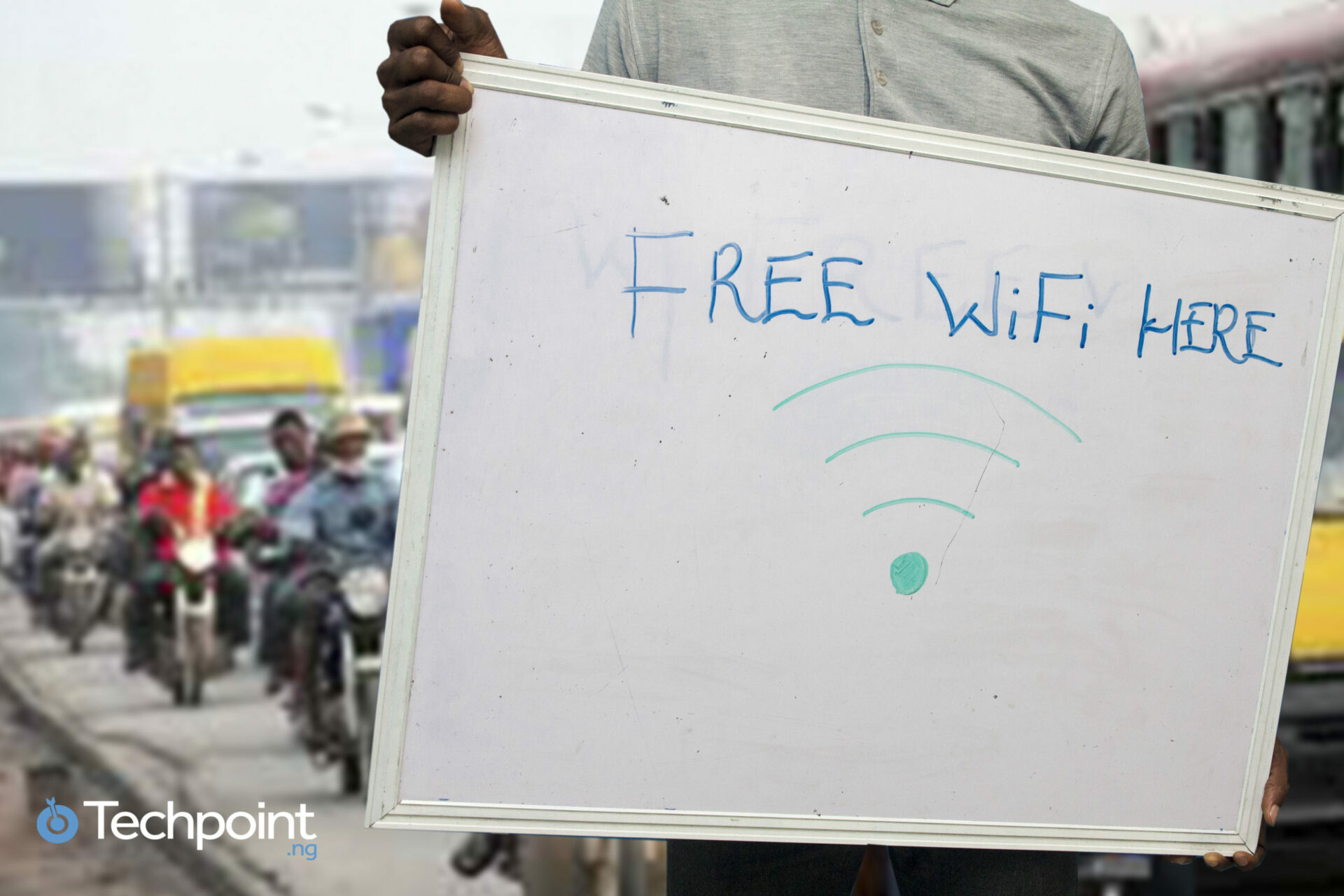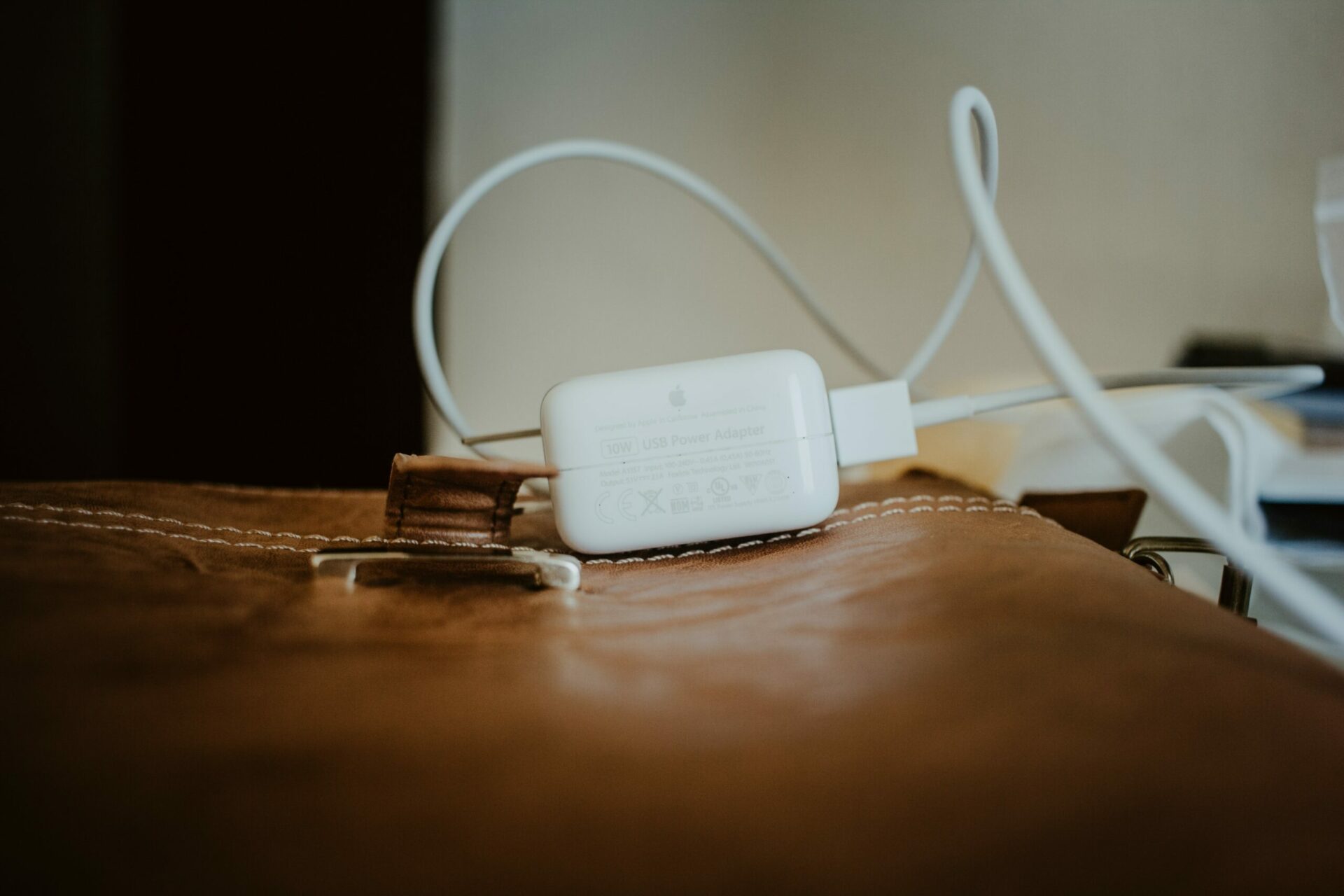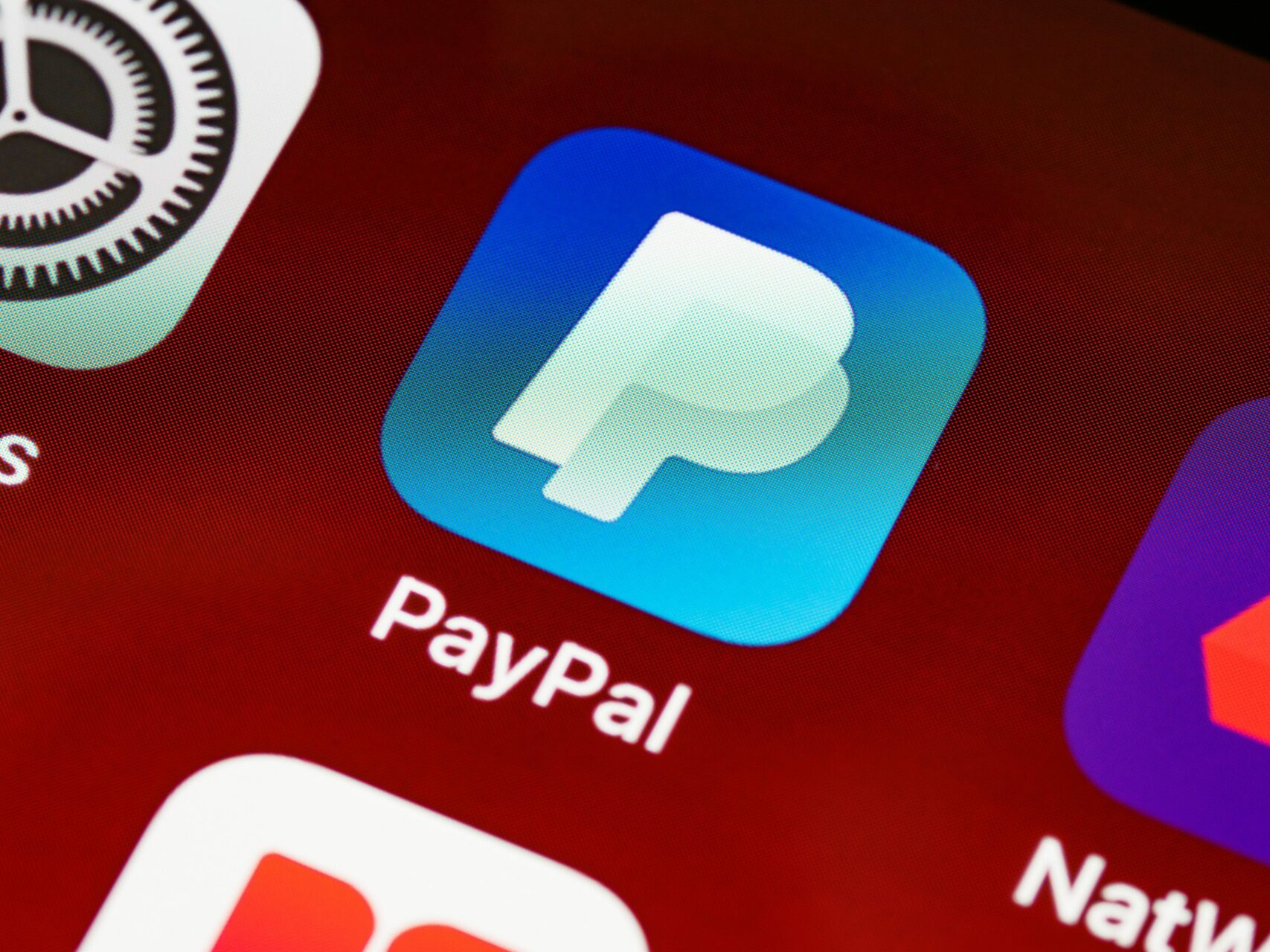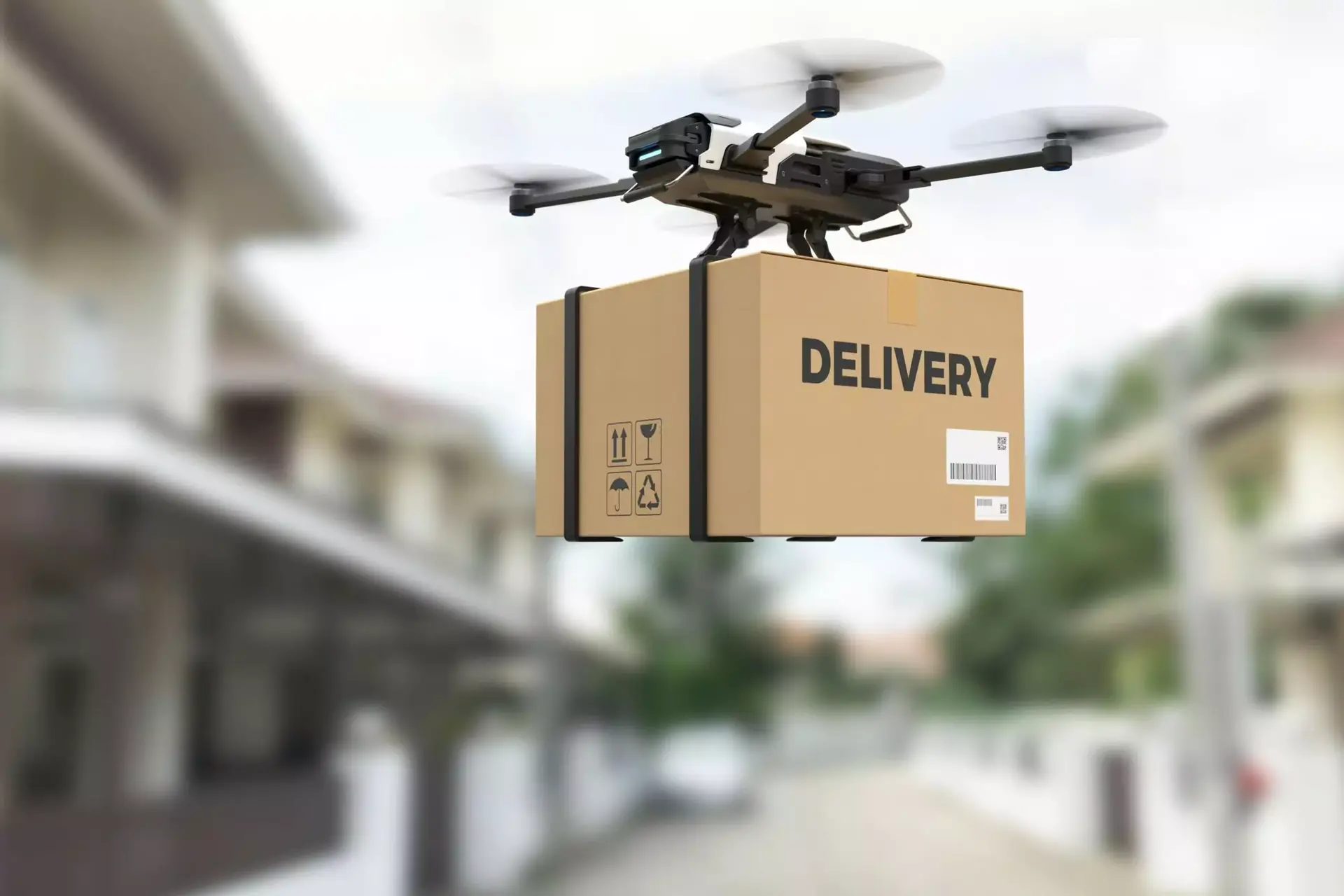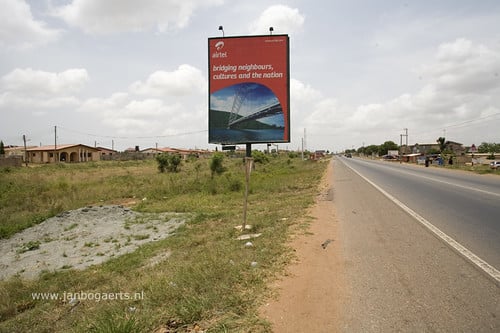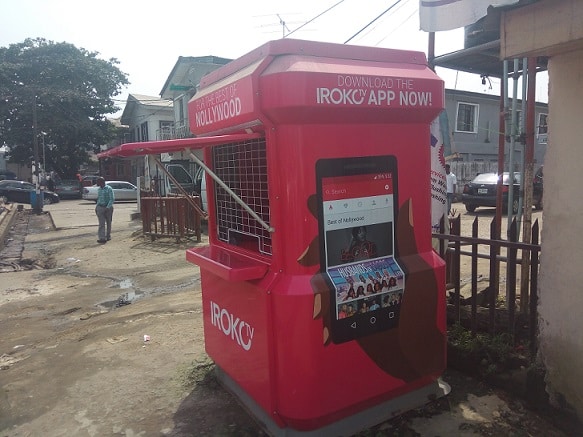It’s been barely a decade since mPesa -- Safaricom’s award-winning mobile money service -- took Kenya, and the world, by storm.
Having since expanded to 10 additional countries within and outside (Albania, Romania, Afghanistan and India) the African continent, mPesa has grown to a platform with over 29.5 million active customers and 287,400 agents. In 2016 alone, it processed about 6 billion transactions, at a peak rate of 529 transactions per second.
In spite of all these impressive stats, mPesa’s relative success on the homefront still leaves some wanting. Of the “big three” economies in Africa (South Africa, Egypt and Nigeria), mPesa is currently only available in one -- Egypt. This is not from a lack of trying. Following multiple failed starts in South Africa, the service was eventually scrapped in 2016.
But now, rising from the ashes of that fiasco, and empowered by a recent regulatory manoeuvre that will enable further expansion, Safaricom is looking to attempt a Nigerian entry. Bob Collymore, CEO of Safaricom, made known this intention in a recent interview with Bloomberg.
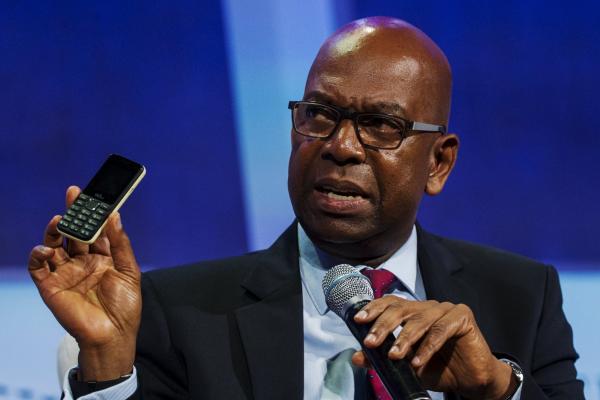
The decision appears to be motivated by regulatory pressure from Safaricom's home country. With 71% of the mobile subscriber base in Kenya, Safaricom also controls about 75% of the mobile money market. But this perceived monopoly status is increasingly under threat.
In 2014, the Kenyan Communications Authority approved mobile money licenses for three new non-telco companies. Amidst intensified calls from lawmakers for Safaricom and mPesa to be broken up, some of the new entrants are also beginning to close in on the market. So it is only natural that they start to look for opportunities in other markets.
The problem is, should mPesa eventually launch in Nigeria, there is a high risk of meeting the same fate as it did it South Africa. Granted, some of the conditions that rendered mPesa unviable in South Africa are not in Nigeria. For example, while 70% of the former's population is banked, only about 53% of the later's population is banked. One of major driving factors of mPesa's success in Kenya was the teeming population of unbanked people whom mobile money is primarily targeted at.

However, there are also many similar conditions between the two countries. Chief among them is a regulatory environment in which banks, rather than telcos, play the read role in driving mobile money. Mobile money is so structured that telcos are intended to be the major drivers. However, in a bid to curb monopolistic tendencies, the governing financial bodies have relegated telcos to the basic role of infrastructure providers. This is in sharp contrast to Kenya where, for the first seven years of development, telcos played the lead role.
Safaricom will face another major obstacle in mPesa's ability to scale quickly in Nigeria. Vodacom, Safaricom's parent body through which the expansion will be carried out, has little or no presence in Nigeria. During his interview with Bloomberg, Collymore revealed that "Safaricom may seek to agree to platform-sharing deals with competitors such as MTN Group Ltd. to expand mPesa rather than set up in new countries".

Don't miss out on Africa's financial revolution
Give it a try, you can unsubscribe anytime. Privacy Policy.
There are quite a number of problems with this approach. First off, the market is saturated -- there are at least 21 licensed mobile money operators and there is no interoperability between them. This means that users currently cannot send money from mobile money platform A to mobile money platform b; the recipient has to be on the same platform.
Furthermore, the market is also quite fragmented. There are 4 major telcos and MTN, the biggest of them, accounts for less than half of the subscriber base. For mPesa to achieve scale, Vodacom will not only have to sign deals with at least 2 of the major telcos, it will also have to figure out how to manoeuvre the interoperability problem.
A possible solution to the latter is to team up with a number of the major banks. The problem is most banks are more excited about pushing their alternative mobile banking solutions than pushing mobile money, at least in the way Safaricom would. Seeing as many similar partnerships with local telcos are yet to achieve critical mass, chances are Safaricom won't get any special treatment.
Nevertheless, Safaricom has all the needed financial backing behind it and if there's any chance they've learnt from their mistakes in South Africa, they should be able to see it through. But it's going to have to be a long term play.
Techpoint is conducting a survey of tech worker salary satisfaction in Nigeria. Please take just three minutes to fill this anonymous form. Thank you.

